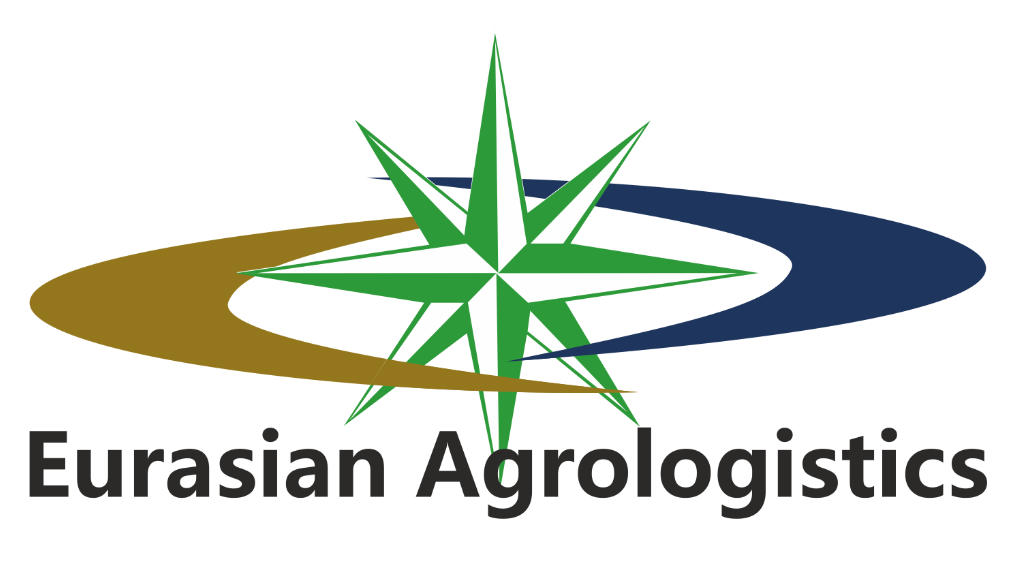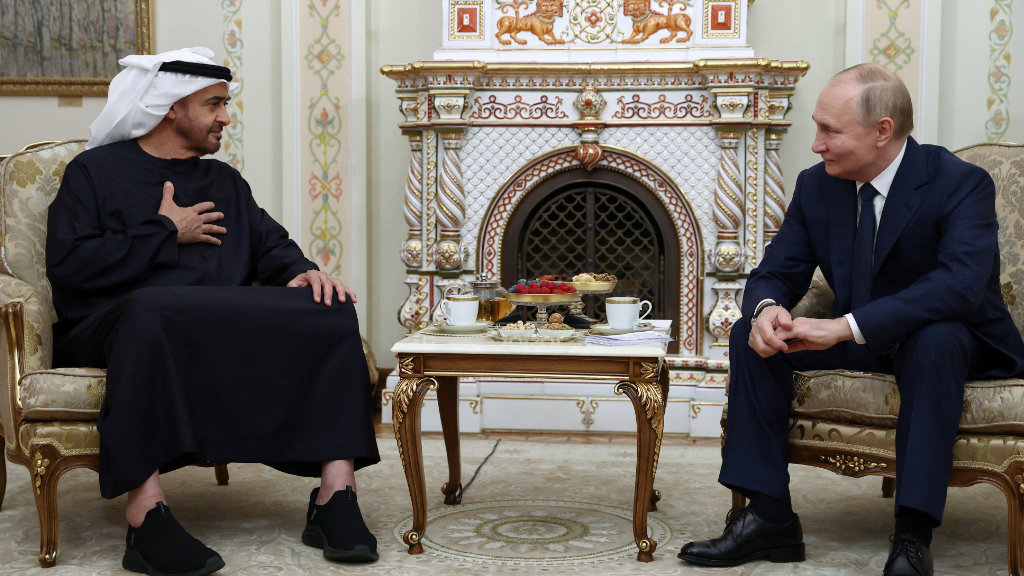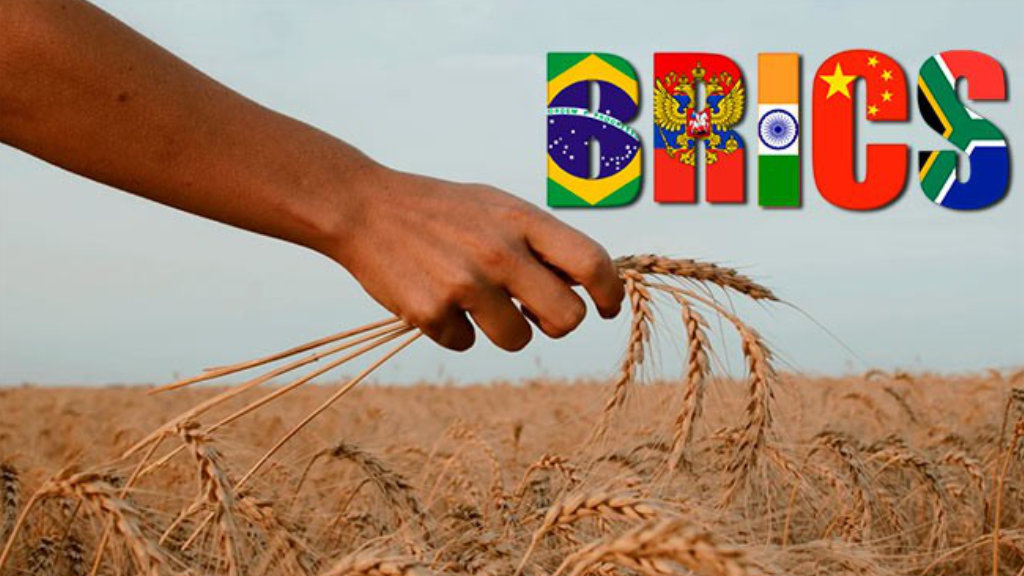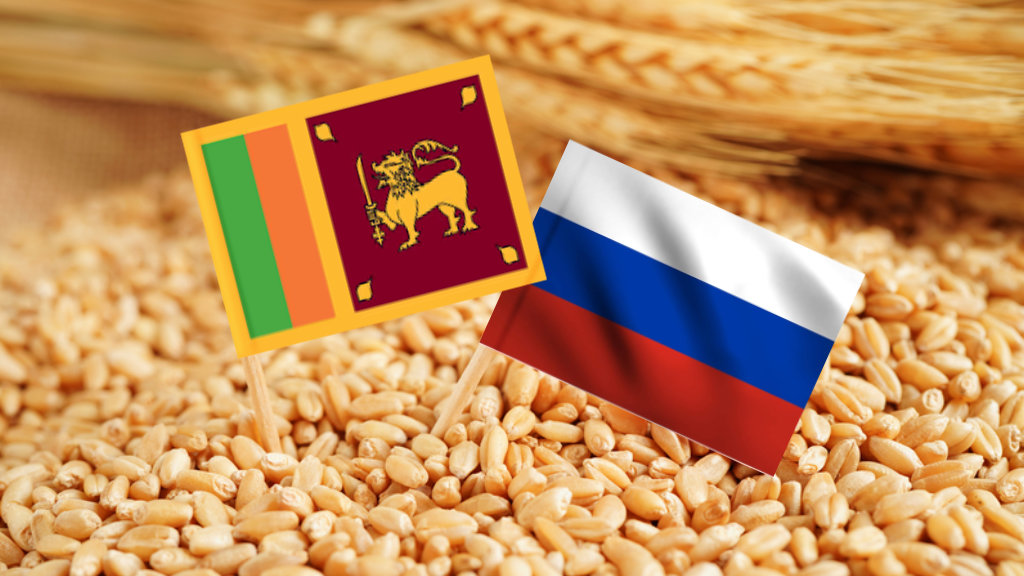Developing Agricultural Express Routes Via EAEU, Iran, Middle East, India & China
The Eurasian Economic Commission, the governing body for the Eurasian Economic Union (EAEU) held meetings with Iran in mid-March side to discuss the development of the Eurasian Agroexpress project. This is aimed at developing exports of agricultural products from Eurasian Economic Union member states (Armenia, Belarus, Kazakhstan, Kyrgyzstan and Russia) to China, Uzbekistan, Vietnam and other countries of South-East and Central Asia using regional transport infrastructure. In February 2023, Agroexpress was scaled up to cover the INSTC.
“As agreed during the work on a full-format free trade area between the Eurasian Economic Union and the Islamic Republic of Iran, we are moving all our agreements into practice,” noted EEC Trade Minister Andrei Slepnev.
He stated that the discussions focussed on the supply of EAEU products to Iran, as well as the organisation of large-scale transportation of Iranian vegetables and fruits to EAEU markets. These products are already on store shelves today. However, with the use of Eurasian Agroexpress, agricultural products will be delivered more quickly, with better quality and fewer intermediaries, reducing costs and improving delivered quality.
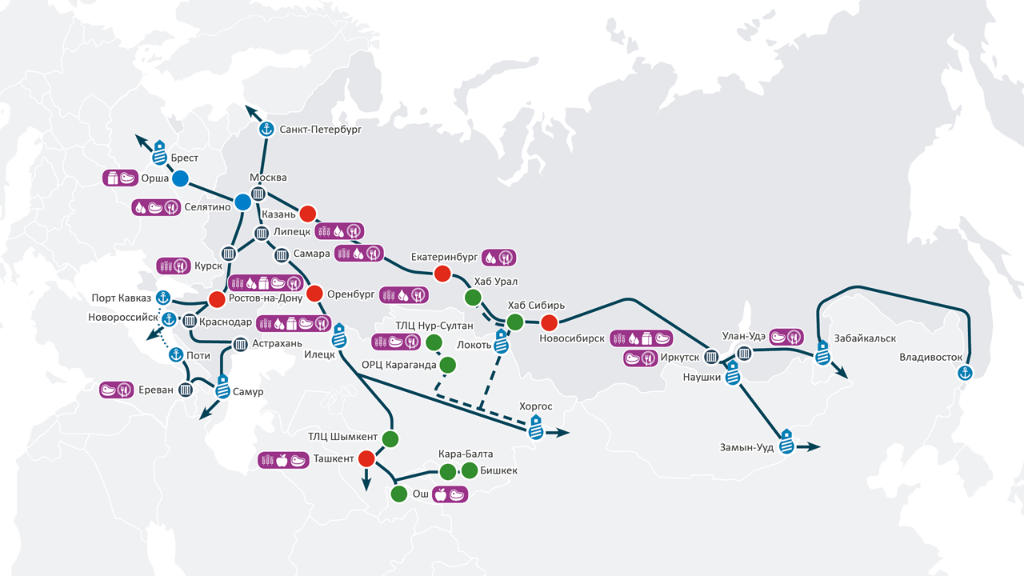
Alireza Peyman-Pak, the Iranian Deputy Minister for Agriculture, stated “We offer interaction with our largest Iranian logistics companies, which can either directly enter the project or act as a single window for organising the supply of your agricultural producers to Iran and the export of our products in the opposite direction.”
Following the meeting, the parties agreed to continue working in these logistics, delegating the discussion of the specific format and details of cooperation to the directorate of the Eurasian Agroexpress project ANO Eurasian Agrologistics and the Iranian company.
Slepnav remarked that “At the same time, we understand that, in addition to logistics, there are other issues that need to be resolved. These include mutual settlements, veterinary and phytosanitary control, and issues of transit through Iran towards the Persian Gulf countries and India.”

